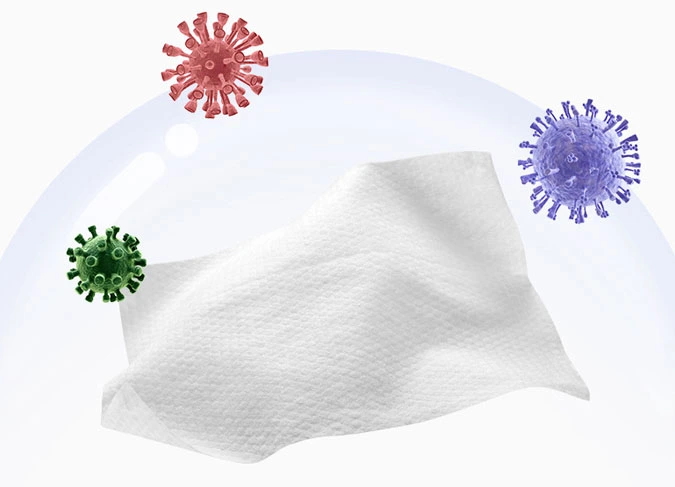Antimicrobial Masterbatch

Termékleírás
Antimicrobial masterbatches, containing silver and proprietary additive blends, provide protection against microbial growth while maintaining long-term stability. It is commonly used in applications that require a high level of hygiene, such as in the production of medical devices and food packaging.
The masterbatches are effective against (ATCC):
Multiple types of Staphylococcus bacteria
E.Coli
Candida albicans
Pseudomonas aeruginosa
Staphylococcus aureus
What Types Of Microorganisms Can Antimicrobial Masterbatch Protect Against?
Antimicrobial masterbatch can protect against a wide range of microorganisms including bacteria, viruses, and fungi. It helps to inhibit the growth and spread of these microorganisms on the surface of the plastic product, reducing the risk of infection or contamination.
What Are Some Common Applications Of Antimicrobial Masterbatch?
Antimicrobial masterbatch is commonly used in applications where hygiene and safety are vital, such as medical devices, food packaging, and high-touch surfaces. It helps to prevent the growth and spread of microorganisms on the surface of the plastic product, reducing the risk of infection or contamination.
Packaging Industry: Antimicrobial masterbatch can be incorporated into packaging materials such as films, trays, and containers to prevent microbial growth on food products, extending their shelf life and maintaining product freshness.
Healthcare Sector: In hospitals and healthcare facilities, antimicrobial masterbatch can be used in the production of medical devices, equipment, and surfaces to inhibit the growth of harmful bacteria and reduce the risk of healthcare-associated infections.
Textile Industry: antibacterial electret masterbatch can be added to fibers, fabrics, and textiles to create antimicrobial clothing, bedding, and upholstery, offering protection against odor-causing bacteria, mold, and mildew.
Building and Construction: antibacterial masterbatch can be incorporated into paints, coatings, sealants, and other building materials to inhibit the growth of mold, mildew, and bacteria on surfaces, thereby improving indoor air quality and maintaining hygienic environments.
Consumer Goods: Antimicrobial masterbatch can be used in the production of household products such as kitchenware, appliances, and bathroom fixtures to prevent bacterial contamination and ensure product hygiene.
Automotive Industry: Antimicrobial masterbatch can be integrated into automotive interiors, such as seat covers, carpets, and dashboard components, to inhibit the growth of odor-causing bacteria and maintain interior freshness.
Electronics: In electronic devices and appliances, antimicrobial masterbatch can be incorporated into housing materials and touch surfaces to reduce the spread of germs and maintain cleanliness.
Agriculture: Antimicrobial masterbatch can be used in agricultural applications to create antimicrobial films for crop protection, reducing the risk of fungal and bacterial infections in plants and improving agricultural yields.
Water Treatment: Antimicrobial masterbatch can be added to water filtration systems, pipes, and fittings to prevent the growth of biofilms and harmful bacteria, ensuring the safety and quality of drinking water.
Personal Care Products: In personal care products such as soaps, shampoos, and cosmetics, antimicrobial masterbatch can be incorporated to enhance their efficacy in killing bacteria and maintaining product integrity.

